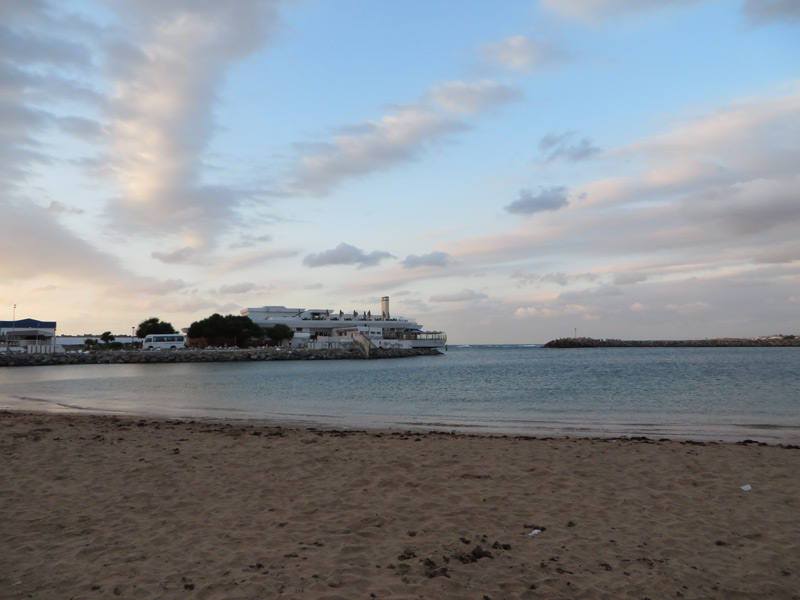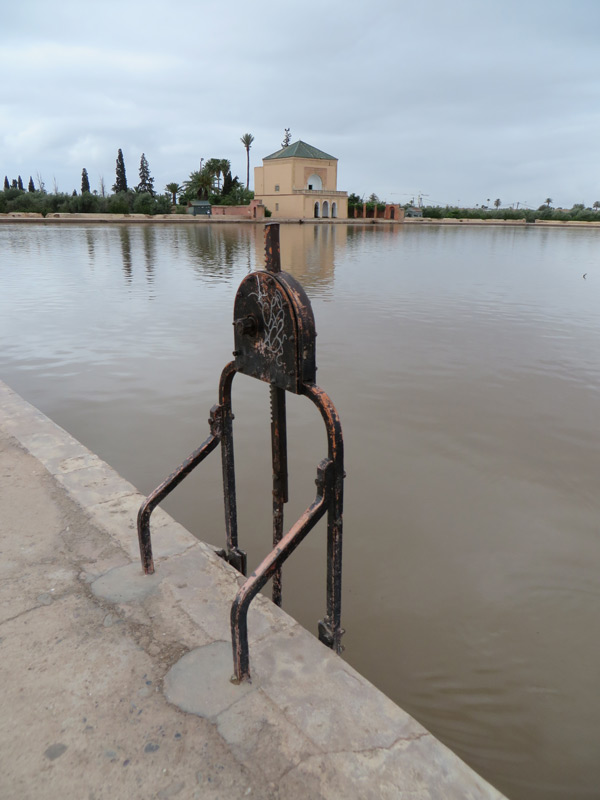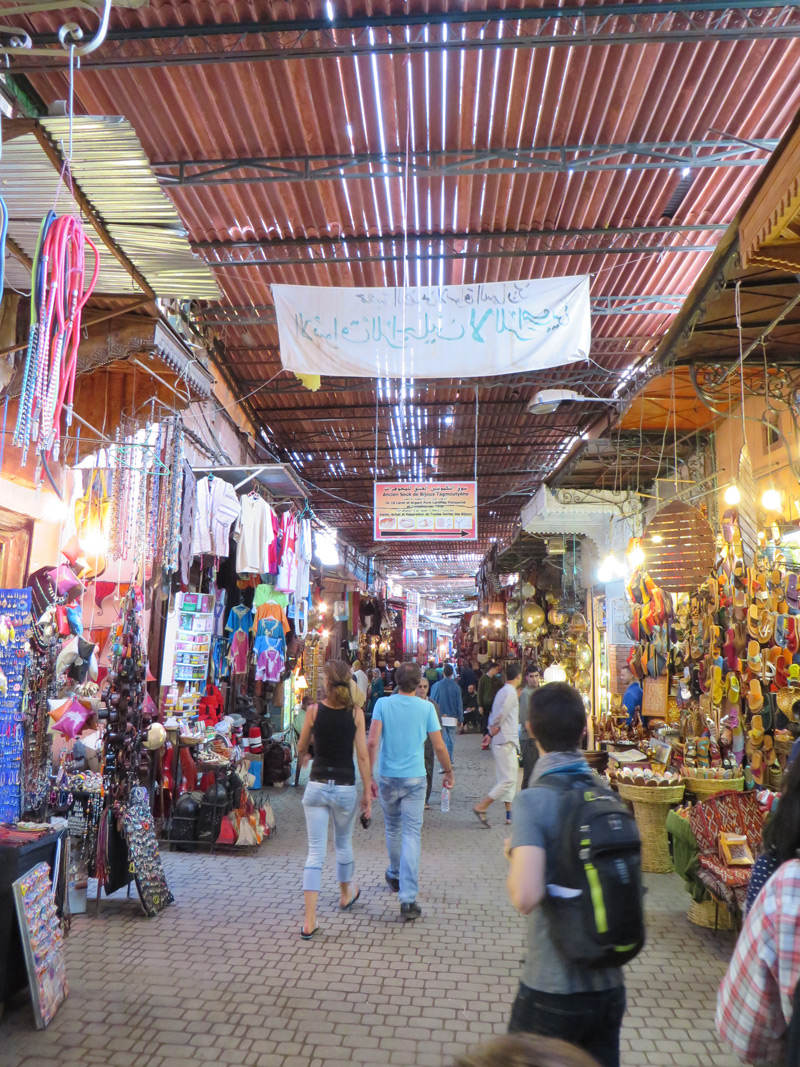
Have less, be more
I am now six days into my program, and so far I am loving it, even though I spent day two in my room thanks to a nasty stomach bug. We began the program in Rabat, the capital of Morocco. We met with several government agencies and ministries to discuss their strategies for sustainable development. A lot of the focus is on renewable energy. The king has issued an order to increase Morocco’s energy supply to 42 percent renewables by 2020. This 42 percent will be comprised of 14 percent solar, 14 percent hydro, and 14 percent wind power. It’s a lofty goal, but the government seems confident in their strategy.


Then in Marrakech, we visited a nonprofit organization that works with rural communities. I was very excited for this meeting because I want to work in the nonprofit/NGO sector. One of my favorite quotes from that meeting was, “agriculture is both the cause of and solution to poverty.” Farmers have a very secure job, but they live in poverty because the benefits of their work don’t stay in the community. If systems and policies to ensure this didn’t happen were put in place, then agriculture would help to bring the farmers and their communities out of poverty. This is an issue I would like to tackle in my future career, dealing with food and agricultural policy.
As a group, we have been discussing the definition of sustainable development. Sustainability itself is a normative term, and therefore it is difficult for people or cultures with different values to come to an agreement on what sustainable development is, exactly. Does it mean linear growth, so that things continue to progress as they are now? Or does sustainability require a transformational shift from the current state? So far, I have gathered that Morocco’s definition of sustainable development is very close to independence, or self-sufficiency. The underlying theme of all of our meetings has been that Morocco wants to develop by using its own resources. They want to build giant solar plants, but they also want to manufacture the parts in Morocco.
On a more personal level, I have started to pick up on differences between Moroccan culture and American culture. First of all, Moroccans are happy. I watch children chase pigeons while their mothers talk and laugh at the park. People smile and say hello even if they don’t know each other. Shop owners invite you in for tea just to talk and get to know you. Second, Moroccans are frugal. They go to the medina (the old city/market) in the morning to buy the food they need for that day. They take what they need, but nothing more. In this way, I would say Morocco is more sustainable than any developed nation, especially the U.S.
Morocco is a developing country, but I think they are doing more things right than some other developed countries. I think their idea of sustainable development is not about catching up to us, but figuring out a way to become a modern society while preserving their current sustainable practices. I am excited to continue on my journey and find out more about sustainable development in Morocco!
We are about to travel through the Atlas mountains, and I will likely be off the grid for the next few days. So my next blog will be post-camel rides! Stay tuned…
Jessica

